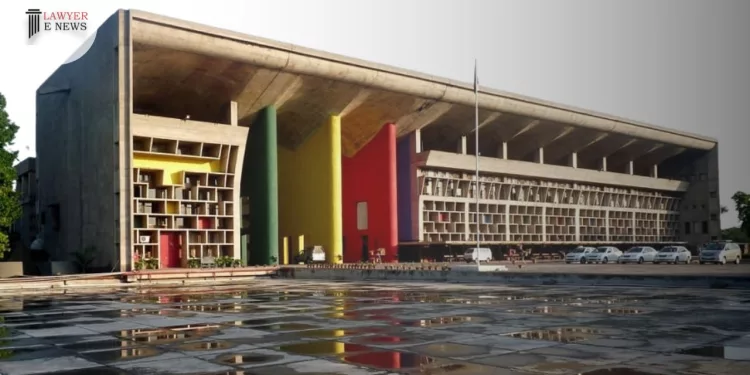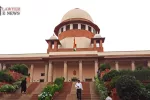Provisions of Order VIII Rule 1 CPC Are Directory in Nature for Non-Commercial Suits: Punjab and Haryana High Court

In a notable decision by the High Court of Punjab and Haryana, Justice Alka Sarin highlighted the distinction in the application of procedural timelines for filing written statements in commercial and non-commercial suits. The court underscored that the 90-day period prescribed under Order VIII Rule 1 of the Code of Civil Procedure, 1908 (CPC) is directory and not mandatory for non-commercial suits, thereby granting relief to the petitioner who had failed to file the statement within the stipulated timeframe.
Facts and Issues of the Case:
In the case CR-1177-2024, the petitioner, Raminder Sharma, faced an order that struck off his defense for not filing a written statement within 90 days as required in a non-commercial dispute. Represented by Mr. B.D. Sharma, the petitioner based his argument on the Supreme Court precedent set in Desh Raj Vs. Balkishan, which ruled that such timelines are directory for non-commercial disputes. On the other side, the respondent, Tanu Anand, represented by Mr. Sudhir Paruthi, maintained that the failure to file the written statement within the allotted time justified striking off the petitioner’s defense.
Detailed Court Assessment:
Justice Sarin provided a detailed examination of the legislative intent behind the procedural requirements, referencing the significant differentiation between commercial and non-commercial disputes as per the amendments in the CPC introduced by the Commercial Courts Act, 2015. The judge noted, “The amended Order VIII Rule 1 CPC for commercial disputes underlines a strict timeline, contrasting significantly with the directory nature applicable to non-commercial disputes.”
The court observed that although the petitioner delayed filing his written statement and contested the application to strike off his defense instead, it acknowledged the broader judicial discretion allowed in non-commercial matters. Justice Sarin remarked, “Despite the delay, the court aims to uphold substantial justice over procedural technicalities.”
Decision: Justice Sarin disposed of the petition by granting the petitioner one last opportunity to file his written statement, subject to the condition of paying ₹30,000 as costs to the respondent. This decision reiterates the judiciary’s flexibility in non-commercial disputes, emphasizing that the enforcement of procedural laws should not obstruct justice.
Date of Decision: April 22, 2024
Raminder Sharma Vs. Tanu Anand






